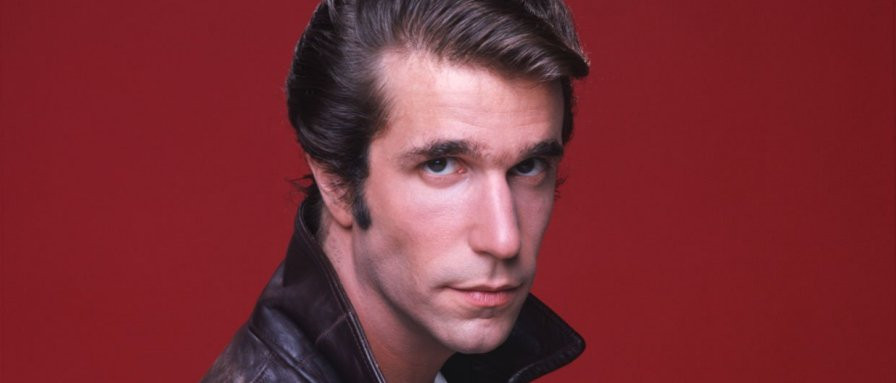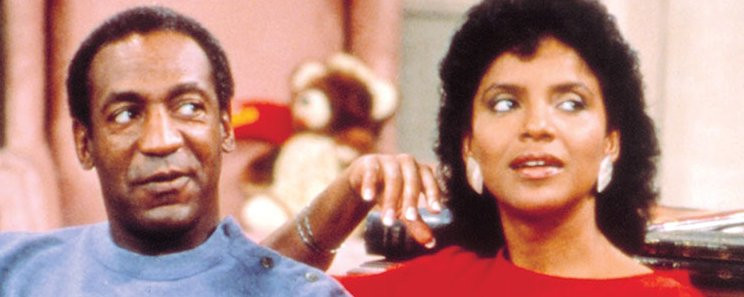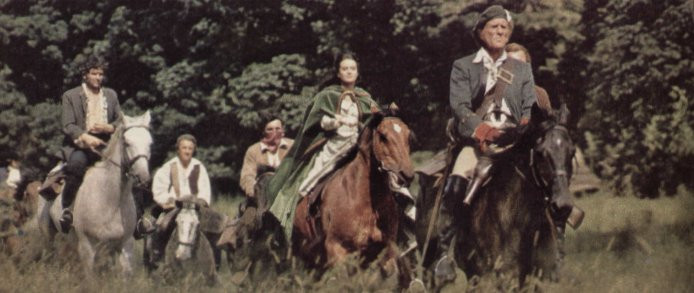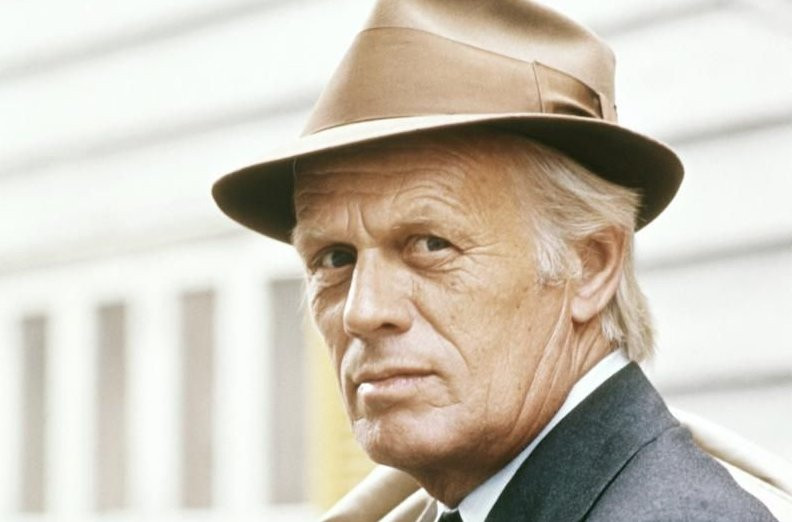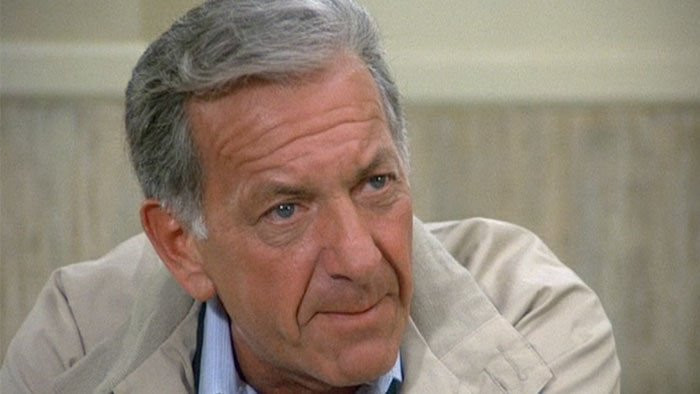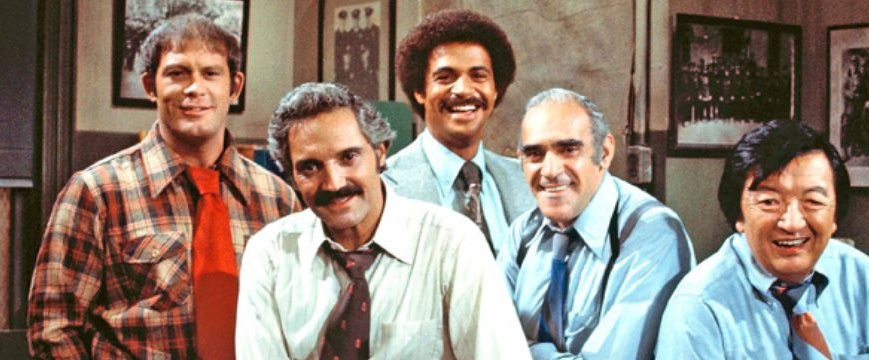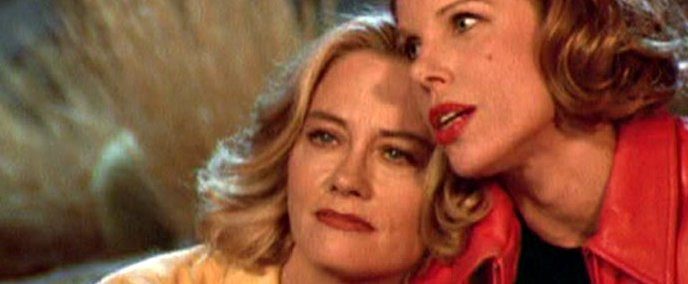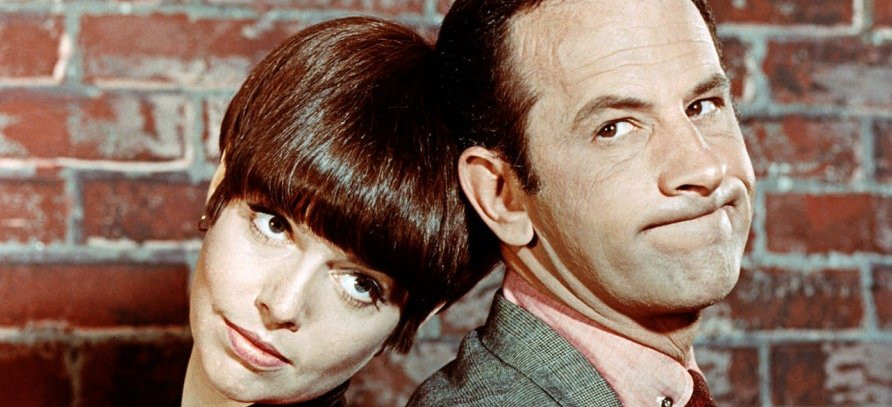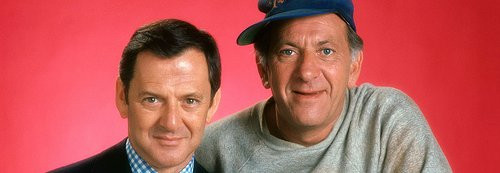
The Odd Couple
1970 - United StatesA Mismatched Masterclass in Sitcom Chemistry
When The Odd Couple premiered on American television in 1970, it arrived with a pedigree most sitcoms could only dream of. Based on comedy legend Neil Simon’s hit 1965 Broadway play, starring Walter Matthau as the slovenly Oscar Madison and Art Carney as the finicky Felix Unger, the property had already achieved acclaim as a 1968 Oscar-nominated film, this time with Matthau joined by Jack Lemmon. Television seemed a natural next step, and under the guidance of Happy Days impresario Garry Marshall (notably without Simon’s direct involvement), The Odd Couple made the leap with its reputation not only intact, but enhanced.
The concept is brilliantly simple and perfectly encapsulated by the show’s now-iconic voiceover: “Can two divorced men share an apartment without driving each other crazy?” For five years, ABC let us watch the hilariously inevitable answer unfold.
At its heart, the sitcom's success rested squarely on the shoulders of its leads. Jack Klugman (prophetically, Matthau’s eventual replacement on stage) took up the mantle of the lovable slob Oscar, while Tony Randall delivered a pitch-perfect performance as the fussy, neurotic Felix. Theirs was a chemistry for the ages, equal parts oil and water, jazz and classical, chaos and control.
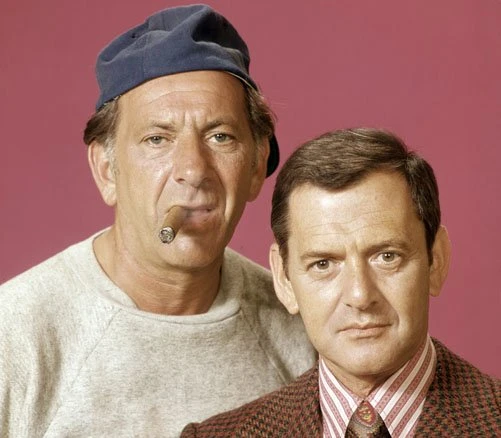
Season one, filmed using a single camera with canned laughter, was markedly different from what followed. It maintained more ties to Simon’s original play, with appearances from supporting characters like the Pigeon Sisters (Monica Evans and Carol Shelly, reprising their film roles) and Oscar and Felix’s oddball poker group. But the real turning point came in season two, when the format shifted to a live studio audience and three-camera setup, sharpening the timing and increasing the immediacy of the performances.
The new format brought with it a tighter focus on the central duo. Most supporting characters were phased out, save for a select few such as Oscar’s affable police friend Murray Greshner (Al Molinaro—later of Happy Days fame). The new set —a smartly designed Manhattan apartment— reflected the series' confidence and growing identity.
Curiously, the earlier episodes were hampered by ABC’s peculiar broadcast standards, which forbade divorced characters from having children, a stipulation bizarre even by the era’s conservative norms. This contradicted the original play and film, in which both men were indeed fathers. Eventually, as social mores evolved, Felix’s children were quietly acknowledged.
Despite never cracking the Nielsen top 25, The Odd Couple amassed an impressive 114 episodes over five seasons. Its impact has outlasted many of its more statistically “successful” contemporaries. The enduring appeal of Klugman and Randall’s onscreen dynamic led to a warmly received reunion special in 1993, The Odd Couple: Together Again.
Subsequent revivals have met with mixed success. The New Odd Couple (1982–83), with Ron Glass and Desmond Wilson in the lead roles, failed to capture the magic of the original, while the 2015 reboot starring Friends alumnus Matthew Perry and Thomas Lennon, though slick and modernised, lacked the raw charm and chemistry that made the earlier series unforgettable. There was even an animated take, The Oddball Couple, which featured a tidy cat and a messy dog. It goes to show just how deeply embedded this odd couple has become in pop culture.
Retaining Neal Hefti’s catchy theme music, originally composed for the film and also responsible for the unforgettable Batman TV theme, the series was more than just a sitcom. It was a character study, a farcical yet oddly touching examination of loneliness, friendship, and compatibility. While the premise was eternally the same, the execution remained consistently clever, fresh, and full of heart.
In the end, The Odd Couple succeeded not just because of its celebrated source material, but because it embraced the timeless comedy of human incompatibility. Klugman and Randall turned bickering into an art form - and proved that even the messiest of relationships can be comedy gold.
Seen this show? How do you rate it?
Seen this show? How do you rate it?
Published on November 5th, 2023. Written by Laurence Marcus for Television Heaven.


